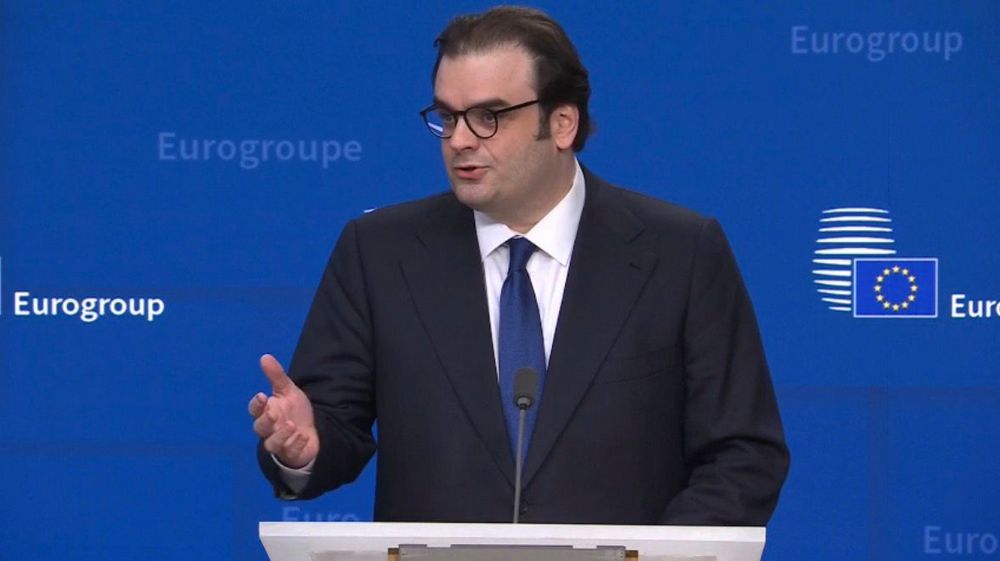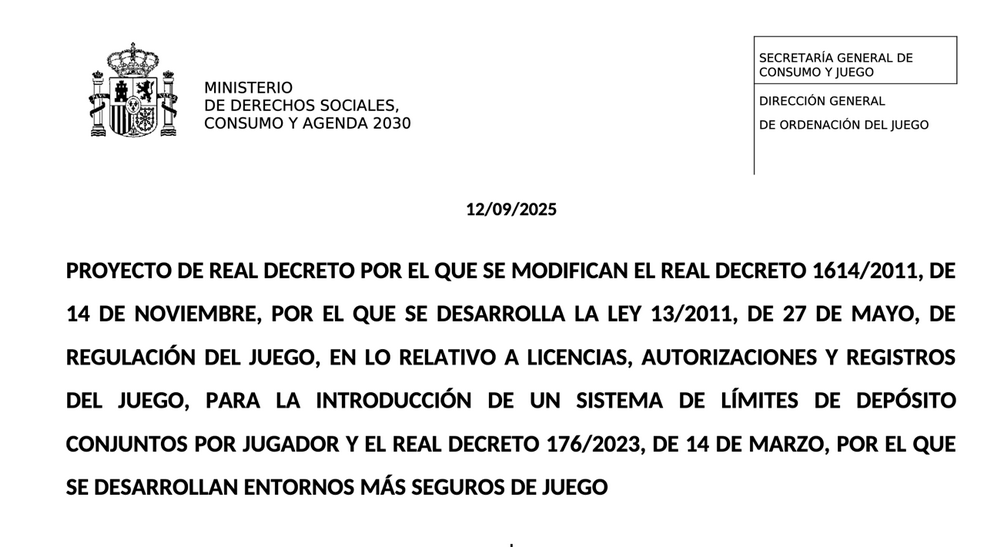Spain’s Directorate General for the Regulation of Gambling (DGOJ) is making a major leap toward tech-driven regulatory enforcement with a two-pronged strategy announced for the 2025–2030 period.
In line with its Strategic Plan 2026–2030, the DGOJ will deploy advanced data analytics and AI-powered surveillance systems to enhance real-time oversight of online gambling activity. The system is designed to detect suspicious patterns, flag potential money laundering behavior, and enforce compliance standards across licensed platforms. The technology will also contribute to the DGOJ’s broader goal of harmonizing consumer protection efforts across Spain’s 17 autonomous communities.

In a parallel move, the DGOJ awarded a €650,000 technical support contract in early 2025 to firms including ALTEN and Connectis. These companies will provide operational and software support for the DGOJ’s Online Gambling Inspection Sub-Directorate. Their scope of work includes fraud prevention, age verification, certification tracking, and systems to monitor participation restrictions.
Key Projects include mandatory player risk assessments, automated interventions, and affordability checks. However, the DGOJ has yet to publish the final technical framework detailing how it will implement:
- Real-time player monitoring
- Centralised database for Under-24s customers
- Mandatory messaging for at-risk users
- A universal system of affordability thresholds and deposit/time limits
The absence of these specifications has left operators awaiting clarity on key compliance obligations.
Together, these developments represent a more proactive, integrated regulatory approach, replacing older reactive models with predictive oversight frameworks. Officials suggest this digital shift will also reduce manual audit burdens and ensure faster enforcement actions.

Industry analysts are watching closely, noting that Spain may soon become a model for AI-driven regulation in the European gambling market. With a focus on transparency, safety, and centralized control, the DGOJ is making it clear: future-ready compliance is not optional — it’s the new baseline.














































